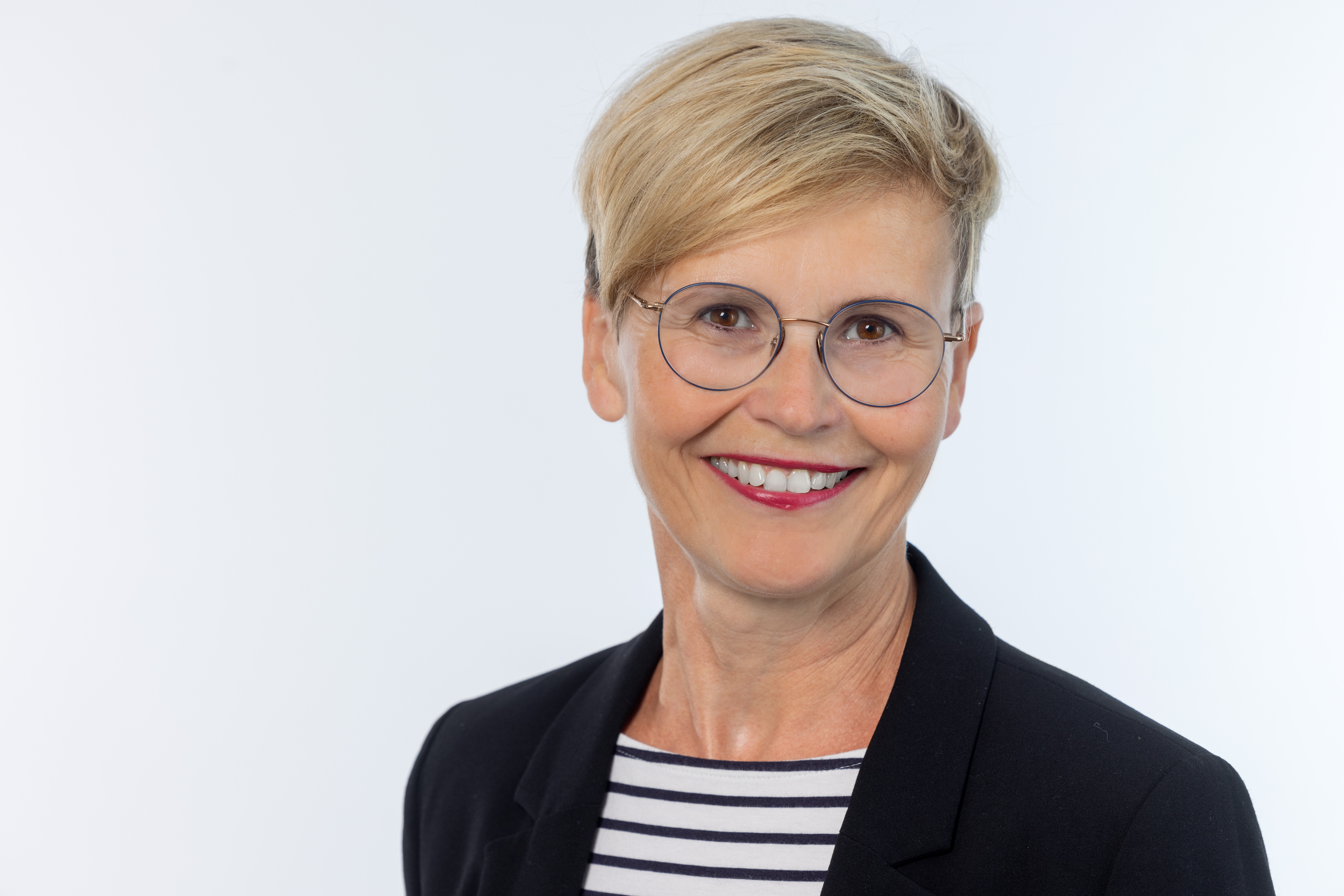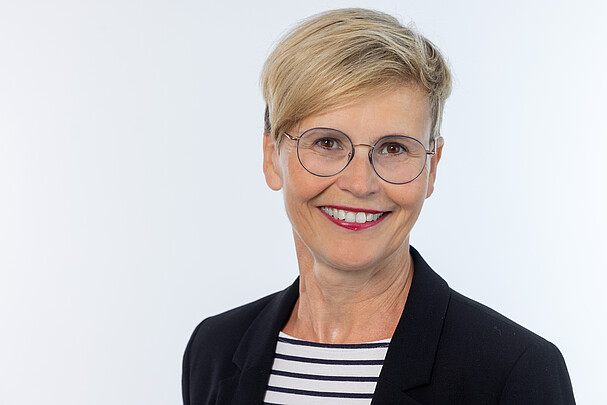Academic Profile
Learning and educational processes in adulthood mark an essential component of learning across the lifespan. The specialisation EB/WB is dedicated to the individual, institutional and social aspects of learning and education in adulthood from a theoretical, empirical and practical perspective.
The focus is on the design of lifelong education in institutional contexts of continuing education and associated professional fields of action and requirements. It is necessary to analyse, understand, reflect on and transfer framework conditions, structures, processes, contexts and perspectives of the diverse learning and education processes in adulthood. For the analysis, teaching is implemented across institutions, learning locations and areas, i.e. different institutions and organisations (e.g. adult education centres, companies, trade union organisations), learning locations (e.g. CET institutions, cultural institutions and companies) and educational areas (e.g. general, political, cultural, vocational and in-company CET) are included.
In summary, the specialisation is thus dedicated to EB/WB in a broad interpretation (public, private sector, company) and with a broad understanding of education (general, vocational, political, cultural). The focus is on specific fields of knowledge and practice-related knowledge of professional action in central fields of activity of AE/WB as well as specific research, topics and perspectives of adult education research. With its comprehensive orientation, the specialisation prepares students for a wide range of professional fields of activity in AE/CET.
The specialisation in AE/CET comprises four modules that systematically complement each other:
- BW EB 1: Theorie der EB/WB (Theoretical examination of the basics of AE/WB)
- BW EB 2: Forschungsfelder der EB/WB (Examination of selected research approaches in AE/WB, e.g. programme research, participant research, teaching-learning research.)
- BW EB 3: Professionelles Handeln in Tätigkeitsfeldern der EB/WB (acquisition of specific competences in AE/WB, e.g. for programme planning and service development)
- BW EB 4: Aktuelle Themen und Entwicklungen der EB/WB (Integration of current topics and developments from science and practice)
Content orientation of the specialisation EB/WB
The content of the subject areas in the specialisation is based on the following focal points, among others:
- Changes in the constitutional conditions of continuing education (social transformation processes, institutional/organisational structural changes)
- Professional planning and management as an adult education field of professionalisation in (further) education institutions (education management, education controlling, programme planning/ offer development, (company) further education decisions)
- Teaching-learning processes in continuing education and their meso/microdidactic design
- Individual participation in continuing education in specific fields and regions, in vocational and non-vocational contexts, taking into account individual and structural conditions, classified in education reporting and education monitoring
Three cross-sectional topics shape the thematic orientation of the specialisation EB/WB: digitalisation, professionalisation and culture. At present, the multi-layered and future-oriented topic of digitalisation (industry, work and learning 4.0) from an educational science perspective (e.g. on the foci of cultural education, vocational-occupational qualification, ethical action), which also integrates the two other cross-sectional topics, is particularly worthy of mention: Shaping lifelong learning in the digitalised society
Study and Learning Culture
The courses of the specialisation Adult Education/Continuing Education are designed exclusively for Master's students of this degree programme and are accordingly closely oriented to the orientation of the degree programme, the requirements and needs of the targeted fields of activity as well as the needs and interests of the students. The aim is the reflexive and analytical elaboration and processing of (inter-)disciplinary knowledge as well as the specific and situational transformation of knowledge in the fields of professionalisation.
For the students' learning and educational path, it is important to us that...
- they get to know basic theories as well as current developments in the practice and research of AE/WB.
- they acquire knowledge that forms the basis for professional action in continuing education and can develop comprehensive adult education competences.
- they dare to look beyond their own horizons, develop their own positions and reflect on their continuing education practice.
- they are accompanied during their studies and during the transition into the profession.
Study and examination achievements
The coursework is variable, supports the development of essential competences and is mainly integrated into the seminars. They include, among other things, the processing of main topics, research tasks, reflection tasks, project work as well as small analyses to test methods and are implemented in the form of diverse presentation formats and short writings alone or in small groups.
The examinations are predominantly designed as analytical and reflective knowledge development. They primarily comprise homework that pursues an independently selected question or the continuation of a seminar focus, presentations in the form of a synchronous presentation or an asynchronous presentation format, oral examinations for which theses on self-selected topics are prepared and discussed in dialogue in the examination discussion. This also enables students to set their own priorities in the examinations.
Fields of Occupation and Activity
The fields of occupation and activity relate to the entire spectrum of adult and continuing education institutions as well as educational research.
The development of central adult education competences prepares students for activities in the areas of planning and conception (programme planning, development of offers, didactic design of teaching-learning arrangements), education management and education controlling, personnel development, organisational development, quality assurance, public relations work and counselling. In addition, research-related qualification for activities in continuing education research takes place.
These activities are carried out at a variety of non-school employers, e.g. public and private continuing education institutions as well as educational providers, institutions of associated education (e.g. companies, museums), trade union and political institutions, foundations, associations, universities, research institutes, etc.
Module Coordinator:


30167 Hannover




